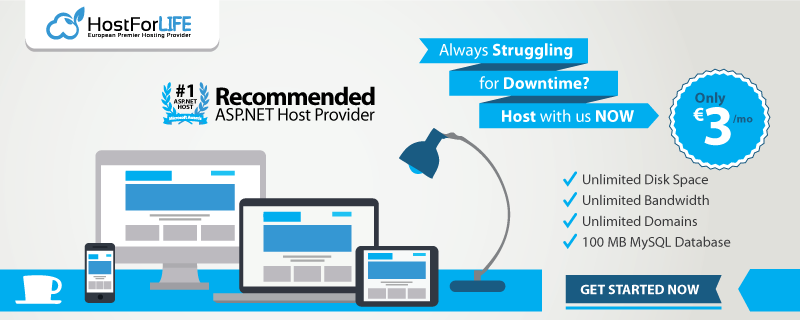If you’re anything like me, there’s been a time in your life when you’ve asked, “What the heck is https?”
What’s that extra “s” for? Well, it turns out that the “s” stands for “SSL,” which stands for Secure Sockets Layer — the technology that encrypts your connection to a website, so that hackers can’t intercept any of your data.
The ‘S’ after HTTP stands for ‘secure’. This means this sensitive data is encrypted, making it almost impossible for internet thieves to steal. This type of protection also called an SSL Security certificate.
As you can see, making the switch to HTTPS is important for security. If you’re running an ecommerce store, you want both your information, and, most importantly, your customer’s data kept safe.
Just think, if you owned a brick and mortar shop, you would want your customers to feel as safe as possible, right? HTTPS is the online equivalent of security guards, cameras, and highly protected credit card readers.
However, making your website HTTPS does more than keep numbers safe. Let’s take a look at the overall benefits which can really make a difference to your site…

5 Reasons Why HTTPS Should Be Enabled on Your Website
1) It’s good for search.
Every minute — no, second — Google’s algorithm requires sites to essentially battle it for top search rankings. I love that visual: two websites that could both rank for a user’s query, essentially running toward the finish line of top results. But what happens if there’s a tie? Do the sites battle it out in a “sudden death” round?
Kind of — there is a tiebreaker involved, and it’s https. The way Google’s Webmaster Trends Analyst Gary Illyes explains it, “If all quality signals are equal for two results, then the one that is on HTTPS would get … or may get … the extra boost that is needed to trump the other result.”
It all goes back to the idea that Google is constantly solving for the user, and makes frequent changes to its algorithm that create a better experience. Which is why our next point makes sense.
2) It’s better for users.
I couldn’t tell you the last time I heard about a hacking incident in which thousands of records were stolen — because they seem to happen so frequently.
But SSL helps to prevent these “man-in-the-middle” attacks — “a form of eavesdropping where communication between two users is monitored and modified by an unauthorized party” — and keeps user information secure.
That makes https especially important if your website accepts credit cards or has a login functionality. With so many of these hacking incidents making headlines, users want to know that your brand is making an effort to protect them from their private information being stolen or compromised.
We could also get into a debate about the ethics of protecting your users from that kind of privacy breach, but you get the point:
- user privacy = important
- https = good for privacy
3) SSL is required for AMP.
A few pieces of vocabulary to break down here:
“AMP” stands for Accelerated Mobile Pages. It’s the technology that makes certain pages load almost instantaneously on mobile. So, when you search for something on your mobile device through Google, you might notice that some results have a lightning bolt icon next to it, that means that it’s AMP-ready.
AMP is going to play a major role in SEO in the coming months — Google is making it a priority for 2017, which implies that AMP-ready pages will have better rankings. But in order for something to be labeled as AMP, it requires SSL.
4) Increased Conversions
While users may not have a complete technical understanding of secure connections, they do understand that they want a site to be HTTPS if they are providing personal information.
We already see a difference in conversion rates between HTTP and HTTPS sites. But, after Google rolls out their new HTTP labeling, we will probably see an even larger difference in conversion rates between the two.
When users see those red labels, something as simple as entering a name, email, and phone number into a basic lead generation form can cause anxiety and concern for users.
5) Keep Information Safe
You should now have an idea of how HTTPS keeps information safe, but we will go over the main points.
As we’ve mentioned, HTTPS keeps the data sent between a web browser and website secure by encrypting it. This is particularly important for ecommerce stores, with all those credit card details and delivery addresses being used.
HTTPS also makes it much harder for hackers to build impostor websites. Like identity fraud, this is when someone builds a fake website in order to steal customer data.
